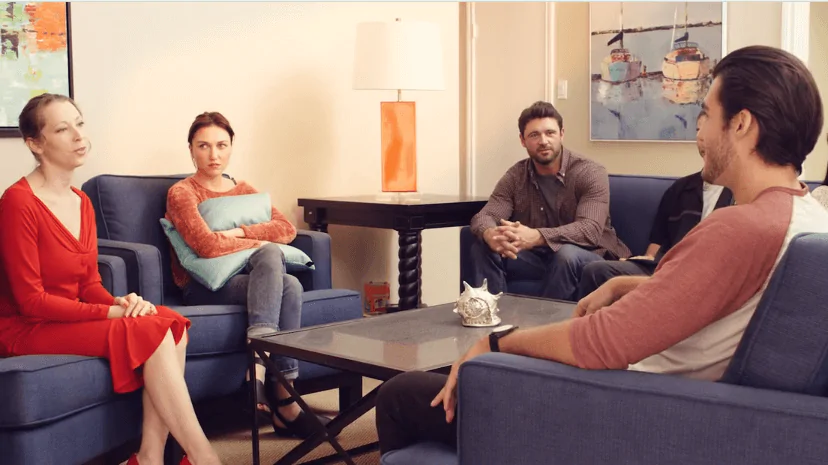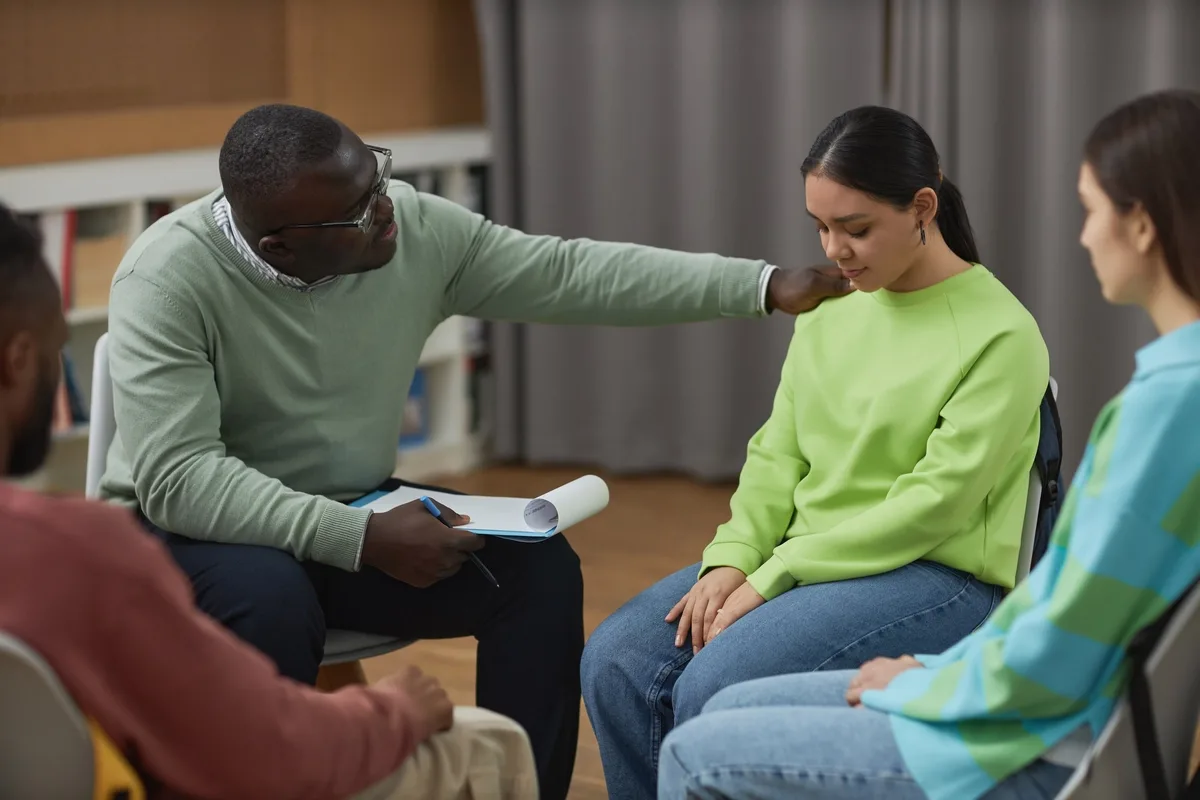24/7 Helpline:
(866) 899-221924/7 Helpline:
(866) 899-2219
Learn more about Aftercare Support centers in Canyon County

Other Insurance Options

Choice Care Network

MVP Healthcare

Private insurance

Oxford

EmblemHealth

Self-pay options
Beacon

Health Net

Health Partners

Absolute Total Care

Multiplan

Sutter

BlueShield

Access to Recovery (ATR) Voucher

Coventry Health Care

Evernorth

Optum

Humana

UnitedHealth Group

Excellus

Moonlight Mountain Recovery Nampa
Moonlight Mountain Recovery Nampa, ID is an accredited dual-diagnosis treatment rehab for adults. Th...

Community Services Counseling
Community Services Counseling is a private rehab located in Nampa, Idaho. Community Services Counsel...

Eagle Creek Ranch Recovery
Eagle Creek Ranch Recovery in Nampa, ID is an accredited dual-diagnosis addiction treatment rehab. S...

Life Counseling Center
Life Counseling Center is a private rehab located in Nampa, Idaho. Life Counseling Center specialize...

Pioneer Health Resources
Pioneer Health Resources is a private rehab located in Nampa, Idaho. Pioneer Health Resources specia...

Port of Hope
Port of Hope is a certified non-profit organization located in Nampa, ID. Port of Hope is a center f...

Life Counseling Center – North Yale Street
Life Counseling Center – North Yale Street is a private rehab located in Nampa, Idaho. Life Counseli...

Acacia Wellness Center
Acacia Wellness Center is a private rehab located in Nampa, Idaho. Acacia Wellness Center specialize...

All Seasons Mental Health – Nampa
All Seasons Mental Health - All Horizons is a private rehab located in Nampa, ID. All Seasons Mental...

University Hospitals Parma Medical Center – Behavioral Center for Older Adults
University Hospitals Parma Medical Center - Behavioral Center for Older Adults is a non profit rehab...

VA Northeast Ohio Healthcare System – Parma VA Outpatient Clinic
Parma VA Multi-Specialty Outpatient Clinic provides primary health care to eligible veterans using a...

Midwest Center for Psychotherapy and Sex Therapy
Midwest Center for Psychotherapy and Sex Therapy is a private rehab located in Middleton, Wisconsin....


























































































Montgomery Counseling Center
Montgomery Counseling Center is a private rehab located in Nampa, Idaho. Montgomery Counseling Cente...

Mountain States Chemical Dependency and Counseling Services
Mountain States Chemical Dependency and Counseling Services is a private rehab located in Nampa, Ida...

Access Behavioral Health Services
Access Behavioral Health Services, located in Boise, Idaho, is an outpatient mental and behavioral h...

Affinity
Affinity is a private rehab located in Nampa, Idaho. Affinity specializes in the treatment of dual d...

Community Outreach Counseling
Community Outreach Counseling is a private rehab located in Greenleaf, Idaho. Community Outreach Cou...

RH Mental Health Services
RH Mental Health Services is a private rehab located in Nampa, Idaho. RH Mental Health Services spec...

Wellbriety for Prisons
Wellbriety for Prisons is a non-profit rehab located in Nampa, Idaho. Wellbriety for Prisons special...

Allied Mental Health Services – Nampa
Allied Mental Health Services – Nampa is a private rehab located in Nampa, Idaho. Allied Mental Heal...

Ashwood Recovery at Northpoint – Nampa
Ashwood Recovery is a private, highly specialized, substance abuse treatment center. They provide ad...

Cook and Tafoya Fisher Behavioral Health
Cook and Tafoya Fisher Behavioral Health is a private rehab located in Nampa, Idaho. Cook and Tafoya...

Community Outreach Counseling
Community Outreach Counseling is a private rehab located in Nampa, Idaho. Community Outreach Counsel...

Nampa Alano Club
Nampa Alano Club is a private rehab located in Nampa, Idaho. Nampa Alano Club specializes in the tre...











































































